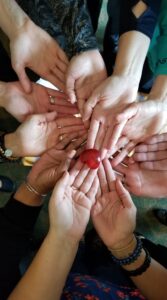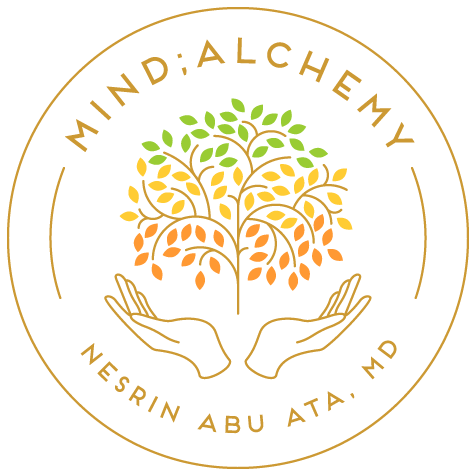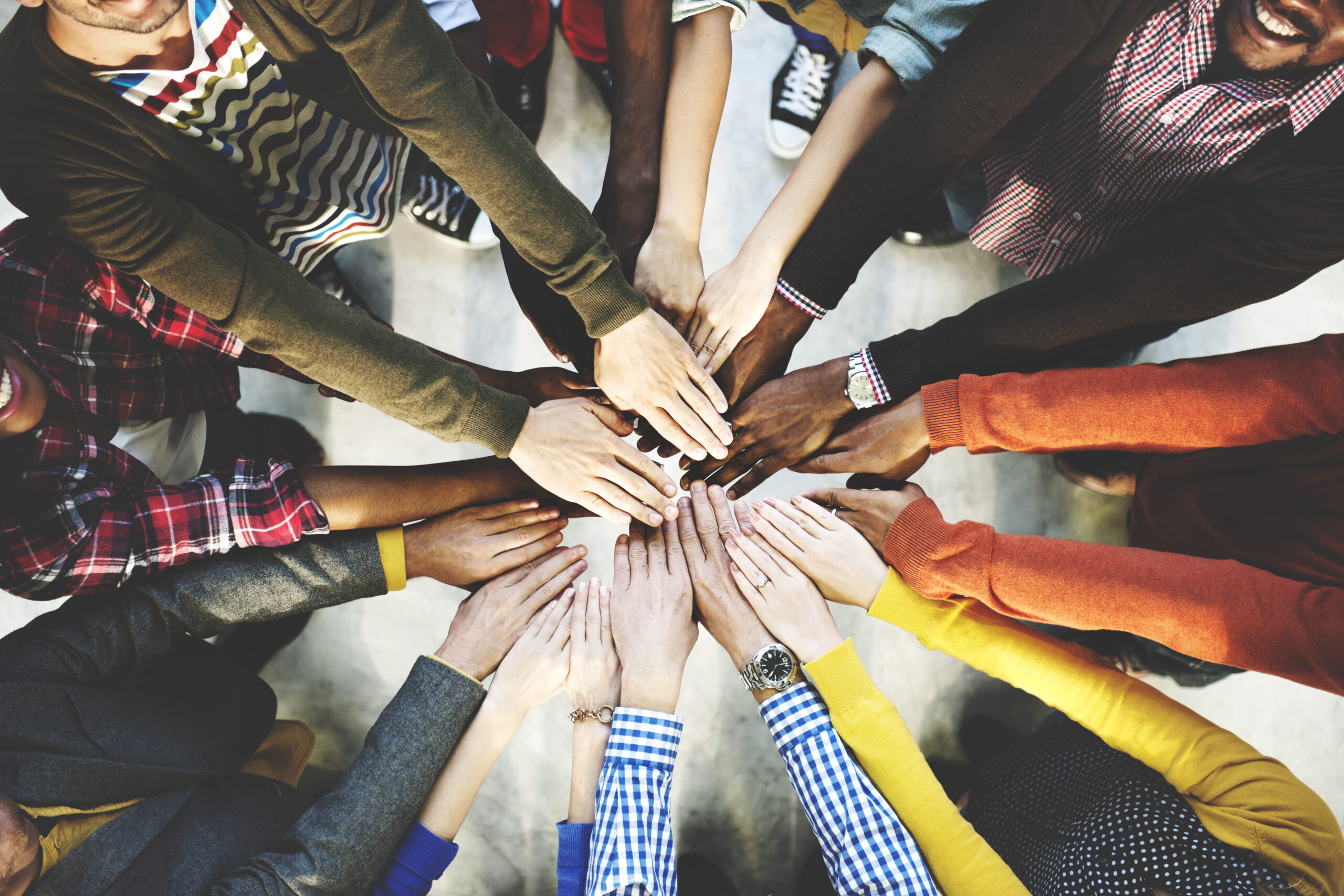Question From a Reader:
Dr. A, I am not sure If I am writing you about myself or my son because I feel like we are one and the same. I look at my son and see myself when I was his age. My son is a teenager and has been more moody lately, skipping school, hanging out with the wrong crowd, and we found out that he has been smoking pot daily. He says that smoking pot helps him calm down, cope with his anxiety and also with his concentration. I did the same thing when I was his age, only I ended up in and out of juvenile detention and residential treatment facilities, which I don’t think ever really helped me. I was also abused as a child and my parents didn’t protect me the way I protected my son. I love my son and he is a great kid, and I have done my best to protect him and provide for him. I just didn’t see ‘this’ coming. I thought by me protecting him from any form of abuse, he would be safe and not travel down the same path I did as an adolescent. Thankfully, he is now doing therapy and seeing a mental health provider. However, I struggle as a parent: Why did this happen to my son? Why couldn’t I spare him?
Answer:
It sounds like you are self-aware and intentional as a parent to be there for your son in ways that you needed when you were his age. Knowledge and self-awareness are the first steps towards healing and taking charge of your health journey, which ultimately will trickle down to your son and the next generation. While this article provides general information and is not medical advice, consult with a trained mental health professional for your and your son’s specific needs.
We now know that newborn don’t come into the world with a “clean slate.” They not only inherit the genes from their parents, but they also inherit what we call epigenetics. Epigenetics refer to how genes may or not be expressed. Think about it this way: you have a blueprint of the house, but it doesn’t mean that the house will get built exactly accordingly to the blueprint. Which parts of the blueprints and how they get carried out depends on the “epigenetics.”
There was a study done in mice that found a link between intergenerational effects of trauma and scent. The researches blew a chemical that is the cherry blossom scent into the cages of adult male mice while zapping their foot with an electric current at the same time. (I know. It is very sad for the mice). The mice then associates the smells of cherry blossom with pain. When the offspring of these male mice smelled the scent of cherry blossom, they become more nervous and jumpy, compared to other pups who fathers weren’t conditioned to fear it. The grandpups of the traumatized pups also showed heightened sensitivity to the cherry blossom scent only.
The sensitivity to cherry blossom scent was connected to epigenetic changes in the father’s sperm DNA. The pups brains had greater number of neurons that detect the cherry blossom scent. What got passed down from parent mice to pups was a greater sensitivity to cherry blossom.
Examples of Transgenerational Trauma
I want you to reflect on trauma from a maro to a micro level to realize how all of us are impacted by trauma at some level.
Systemic trauma such as food control, imprisonment, war, police violence, colonization, slavery, racism, sexism, terrorism, slavery, macro/micro aggression etc.
Transgernational trauma such as immigration, natural disasters, poverty, disease, pandemics, sudden loss, sexual/physical/emotional abuse, chronic illness, medical procedures, violent events, being a refugee, torture, ancestral/historical/social as the holocaust etc.
Developmental trauma during childhood such as neglect/separation, witness/victim of violence, abuse, prenatal birth complications and medical procedures), grief, loss, bullying, homelessness, involvement with the juvenile system and foster care system, experiencing parents using substances, being incarcerated, domestic violence etc. In fact, there is a tool called Averse Childhood experiences (ACE) that you can look up online to use as a guideline to help you understand your own level of childhood trauma, in the context other forms of trauma mentioned above.
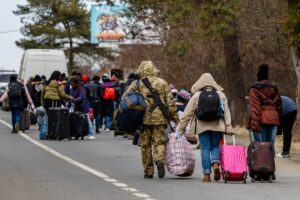
Impact of Transgenerational Trauma
What researches learned from the Adverse Childhood Experiences (ACE) is that childhood trauma and chronic diseases were linked, as well as emotional and social problems. This means that children who experience at least one event on the ACE questionnaire were more likely to struggle with chronic diseases as adults, as diabetes, obesity, lung cancer, autoimmune disease, depression and substance abuse, among others.
ACE asks about experiencing household dysfunction (substance abuse, parental divorce/separation, mental illness, battered parent, criminal behavior), abuse (psychological, physical and sexual) and neglect (emotional, physical).
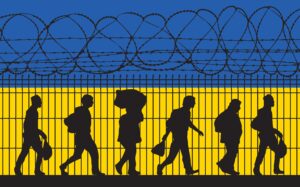
Putting it all together
Reader, you don’t share much about your upbringing apart from mention unfortunately experiencing abuse and lack of protection from your caregivers. But, hypothetically, if you grew up in a household that was exposed to any of the trauma types mentioned above, whether it be at the social level, familiar level or interpersonal level, then you inherited certain epigenetics from your parents, including being hypersensitive to certain “trauma/events”. You may have sought substance as an adolescent to soothe your nervous system and help you cope with the overload of stress hormones from fight or flight or freeze mode. You may have had difficulties trusting adults and your caregivers, which may have resulted also in depression and anxiety that you may have soothed with substances. Engaging in high risk behavior leads to consequences as an adult, such as having diabetes, obesity, heart disease or lung cancer. The level of toxic stress then got passed down to your child through epigenetics whose stress response genes are now likely turned on. And now you son is easily triggered by stressful situations that don’t affect other parents who didn’t grow up in toxic stress.
Neuroplasticity and Resilience
The brain cells can continue to grow and make new connection (synapses), when you challenge your brain to learn and cultivate new skills. We call that neuroplasticity, and that is were resiliency comes from. This is also known as “Post Traumatic Growth” as the brain is still able to grow and change provided the right conditions. Below are some tips you can do to help set your brain cells to recovery and growth:
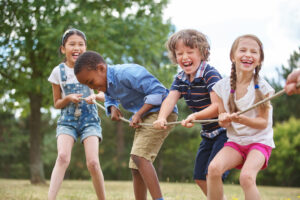
- Positive Childhood Experiences (CPE)
Research found an association between positive childhood experiences and adult mental and relationship health, regardless of what the ACE score was. To create your positive childhood experiences inventory, ask yourself the following questions: how often during your childhood
- you feel able to talk to your family about your feelings?
- did you feel your family stood by during difficult times?
- Did you enjoy participation in community traditions?
- Feel a sense of belonging in school, or faith community?
- Feel supported by friends?
- Have at least two non parent adults who took genuine interest in you?
- Feel safe and protected by an adult in your home?
I would encourage you to take an inventory of positive childhood experiences, your parents positive childhood experiences and also your own son’s. This would start the conversation to cultivate resources for your own son to build resiliency while you hone in on your own resilience. Starting the conversation and bringing awareness starts the healing journey, and “turning on” other genes of resilience.
- Mindfulness Practices
Studies have found that learning mindfulness practices help increase distress tolerance and resiliency and low stress hormones. You can work with a therapist to learn these skills and teach them to your son. There is also the Center for Mindfulness Self Compassion that has online resources.

- Exercise regularly
People with trauma tend to move their body less, which worsesn their medical conditions and physical health. Researchers have found that exercise helps with depression, anxiety and promotes better self esteem. The endorphins your body releases help you feel better, and with feeling better, you are more likely to continue to engage with activities that bring you joy and a general sense of well being.
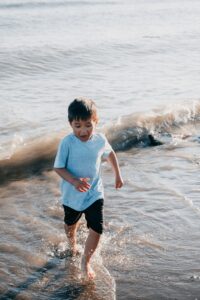
- Engaging with art
Researchers have found that engaging with any form of art helps your being to access its creativity and inner wisdom to help you heal. You don’t have to be an artist to engage in art. The act of engaging with a creative process is what matters!

- Cultivating A sense of Purpose and Meaning
The trauma you, and your ancestors, have experienced are unfortunate. However, these experiences do not have to define you. With the help of journaling or a therapist, you can reflect on what lessons you have learned from it, and what you want to do with your life and how you want to live it. You get to choose the next step in your recovery based on the meaning and lessons you have learned and self awareness you glean. Who are you now? And who are you becoming?
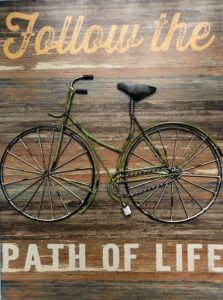
- Social Support and Spiritual Community
You may consider finding a support group, depending on what you are interested in and what your needs are. You may also consider exploring spiritual practices and community. For example, your source of support and community may be your child’s classmates’ parents, or other people in recovery. It may be finding people who enjoy doing the same activities that you do. If you pay close attention to your relationships and community, you will find support in an expected placed that you can learn to cultivate. Because of trauma, people tend to isolate, and one of the antidotes is finding connection and finding a sense of belonging to something bigger than yourself.
